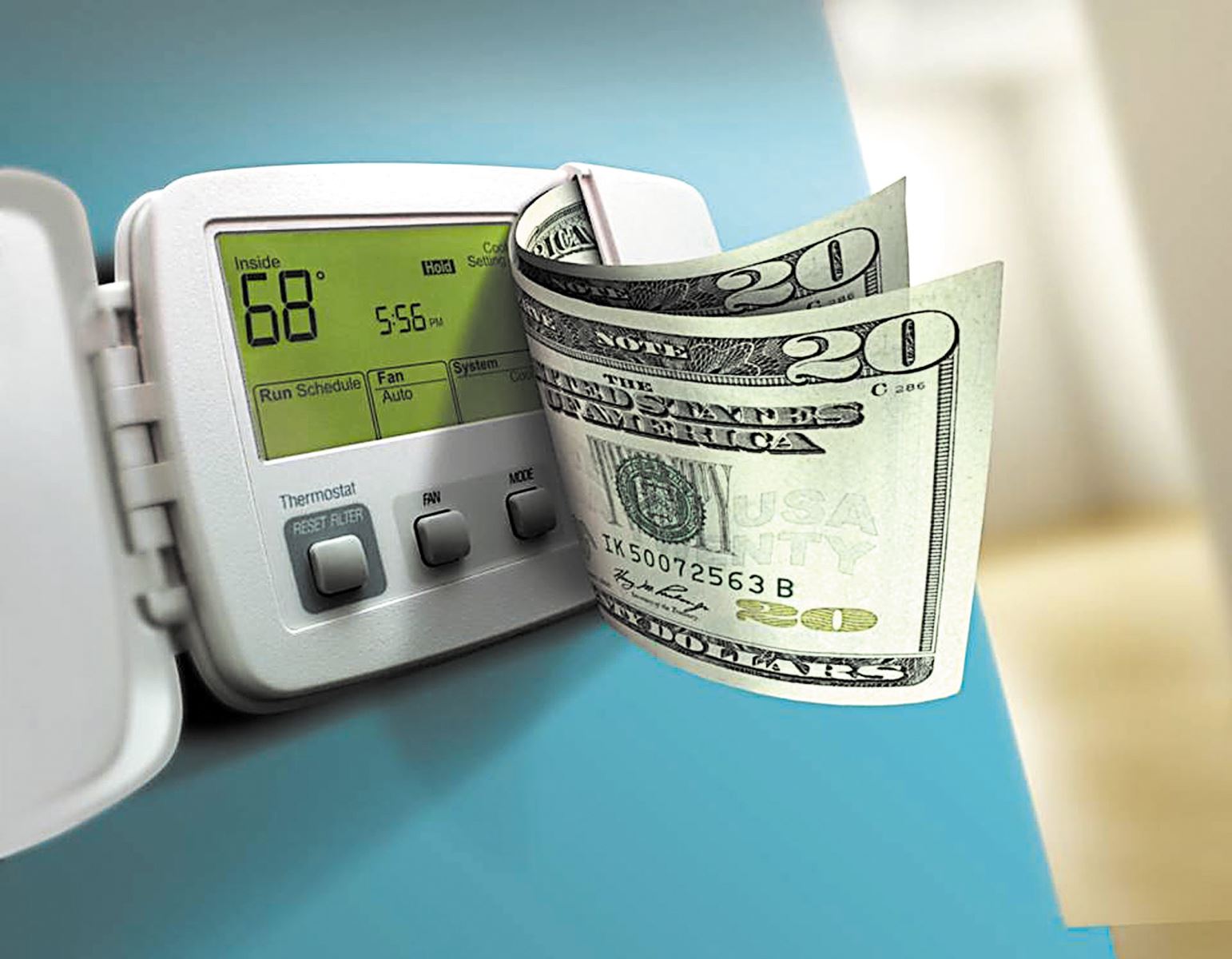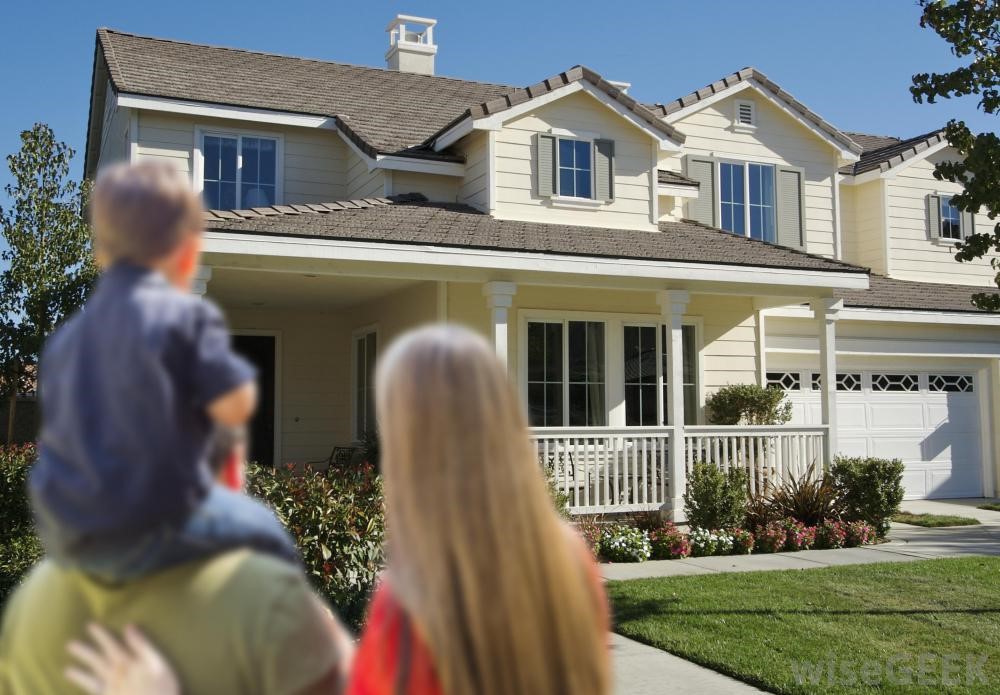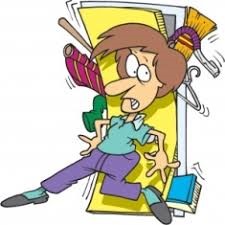Happy Thanksgiving!

Displaying blog entries 291-300 of 357

The holiday season is the perfect time of year to show how grateful we are by helping others in need. Not everyone will spend the holidays in a warm home surrounded by loved ones, but those of us that will can make the season a little bit brighter by donating time, food and gifts to those less fortunate. To make it a little easier for you to do so, here is a list of places where you can volunteer or make donations in the Montgomery area:
The Salvation Army of Montgomery AL - The Salvation Army serves the most vulnerable citizens in our community in many ways. You can help by making a donation or by volunteering your time and energy.
Hands on River Region - Adopt a family in need through the Christmas Clearinghouse Project. Through this program you can provide for the needs of one family and make their Christmas a little brighter. You can also build a care basket of items that food stamps and public assistance don’t provide for. If you don’t have time for either of those options, monetary donations are always welcomed and appreciated.
The Friendship Mission Inc. - The Friendship Mission’s goal is to assist homeless people in becoming self-sustaining in the local community. They need your help. Contribute to their ongoing needs which provides people with basic necessities. You can also donate items and shop at the Friendship Mission Thrift Store where all proceeds go directly to the improvement and expansion of their shelters and programs.
The Montgomery Area Council on Aging - This organization serves seniors in the River Region area of Montgomery, Autauga, Elmore, Coosa, and Tallapoosa counties. Their flagship program is Meals on Wheels. Volunteers deliver hot, nutritious meals to over 400 senior citizens who cannot prepare their own meals. They not only provide much needed nutrition, but they also give daily social interaction as they check on the welfare of their recipients. They currently have a waiting list of over 200 seniors who need your help. Volunteer here.

Take care of yourself and stress LESS!
http://www.homesforsaleinmontgomeryalabama.com/Blog/Creating-Traditions-in-Your-New-Home
http://www.homesforsaleinmontgomeryalabama.com/Blog/Energy-and-Money-Savers-for-Winter
http://www.homesforsaleinmontgomeryalabama.com/Blog/Making-Your-Home-Safe-for-Children
.jpg)
"To us in America, the reflections of Armistice Day will be filled with solemn pride in the heroism of those who died in the country’s service and with gratitude for the victory, both because of the thing from which it has freed us and because of the opportunity it has given America to show her sympathy with peace and justice in the councils of the nations…"--President Woodrow Wilson
So began President Wilson in November 1919, when he dedicated Armistice Day, November 11, to the cause of world peace and to honor the sacrifice of the US military after World War I. Nineteen years later, a legal holiday was officially signed into being, and in 1954, the name was changed from Armistice Day to Veterans Day to honor all veterans. Veterans Day differs from Memorial Day in that it celebrates living and dead US Veterans, and pays tribute to their sacrifices for the freedoms in this country.
Ceremonies, parades, and special events dedicated to honoring our veterans happen all over the country, and what better way to pay tribute than to attend an event in our local area? See the links for more information!
All National Parks admission is free on Veterans Day Weekend
Montgomery River Region Veterans Day events
Veterans Appreciation Week Montgomery Zoo

If this is your first holiday season in your new home, it is a perfect time to start some new traditions! When you move, you don’t leave everything behind. You bring your belongings and your memories and yes, your family rituals. But a fresh start in an unfamiliar house is just the inspiration you need to begin unique traditions that will make this house truly feel like home.
Check out these fun ideas for creating new traditions:
If you are still in search of the perfect house to make your new home, contact Sandra Nickel and the Hat Team for all your real estate needs!
http://www.homesforsaleinmontgomeryalabama.com/Blog/The-Top-Features-to-Look-for-When-Buying-a-House
http://www.homesforsaleinmontgomeryalabama.com/Blog/Mortgage-Tips-for-First-Time-Homebuyers
http://www.homesforsaleinmontgomeryalabama.com/Blog/Making-Your-Home-Safe-for-Children

With energy costs on the rise, it is essential for a homeowner to stay on top of all they can in order reduce their heating and utility bills during the cold Winter months. Here are some things consumers can do on their own at little or no cost to keep money in their pockets every month.
The Department of Energy states that simply turning down the thermostat is the number one money-saver. For every degree it’s lowered, consumers save approximately 3% on heating costs. Lowering the temperature may mean wearing a sweater and socks inside, but the money you can save outweighs the bulky clothes.
http://www.homesforsaleinmontgomeryalabama.com/blog/Autumn-Home-Maintenance
Photo credit:Pure Green Lawn and Tree Professionals

Courtesy of Montgomery AL Real Estate Expert Sandra Nickel.

House hunting can be overwhelming sometimes, especially when beginning the search for your first home. Chances are you might get caught up in the process and important details might slip by you. While the number of rooms, condition of the kitchen, and size of the yard are important, there are other things to consider before you make an offer. This list of things to look for can help get your search off to the right start.
They say that the 3 most important things to look for when buying a home are location, location, location. While a home might not be perfect, loving your neighborhood and neighbors can make all the difference in living with imperfection. And face it…you can change almost anything about your house, but you can’t change its location or the people living nearby. When you go house hunting, make sure to consider the home’s proximity to your work, the appeal of the neighborhood, where in the neighborhood the home is situated, ease of access, noise from neighbors, traffic, pets and access to parks, shopping, schools and public transportation.
Beyond location, look at how the home is situated. If the home is on a hill does it have a view, a walkout basement, or lots of stairs to climb? Do neighbors' windows look directly into the home? Is the yard suitable for kids, pets, gardening, or other uses? Is their safe access to the home? These are all important questions to ask yourself when determining if it is the right property for you.
While it’s important for your house to meet your expectations, it’s equally important that the neighborhood meets them too. Take a drive around the development you are interested in on week days and weekends, during the day and in the evening. Are the homes in good repair? Are yards kept clean and tidy? Is the neighborhood safe enough for people to walk, run or bike? Are there children playing outdoors?
You want a home that is going to reflect your lifestyle. Do you live a casual, laid-back life? Then you probably won’t want a formal Victorian or Tudor style home. A simple, contemporary home might better suit you. Pay close attention to exterior features. Think about maintenance. For example, a brick home is easier to maintain than one with siding. Do you like working in the yard? If not, you might not want a house with extensive landscaping. Is the roof in good condition? Attention to detail will help you choose the home with the best curb appeal for you.
You may be thinking about buying your dream home. But is your dream home practical? Do you need 4 bedrooms and 4 baths when you live alone? A spacious home may provide the extra room you've always wanted for a home office or a theater room, but you'll pay higher heating bills and have higher taxes. Additionally, it will take more furniture to furnish and money to decorate. Think about how the new home space will be used and whether it will fit your lifestyle now and in the future.
Decide how many bedrooms and bathrooms you will need and only look at homes that meet that criteria. You don’t want to fall in love with what is otherwise a perfect house if it doesn’t provide the space needed for your family. It’s smart to consider counting an extra bedroom in that number so that you have extra space for a home office or guest room. If you think you might add on to the home later, make sure you consult an architect who can advise you on space planning and regulations.
For many people, the kitchen is the heart of the home. Don’t settle for a home with a kitchen that doesn’t work for you. Yes, you can remodel later, but at great expense. If it’s an easy fix like replacing cabinets or countertops, get a price quote before committing to the house so that you will know if it is within your budget to take that on.
Older homes often have small closets and lack storage space. As you’re looking at a home ask yourself where you will store your belongings. Tiny closets don’t have to be a deal breaker. There are ways to maximize storage without renovations. Newer homes tend to have lots of storage and you may sacrifice living space while having more closet space than you need.
While looking at a home keep in mind your preferences regarding light and privacy. Do you want a lot of windows to provider bright, sunny rooms? Pay attention to the locations of electrical outlets and fixtures to make sure they will meet your lighting needs.
Even a simple home can look spectacular with the right moldings, hardware, and a fireplace. If elements like these are important to you, look for them while house hunting.
You may not find everything you want in one house, but keep this list handy and you are more likely to find the home that best suits your needs and desires. Happy House Hunting!
http://www.homesforsaleinmontgomeryalabama.com/Blog/Mortgage-Tips-for-First-Time-Homebuyers
http://www.homesforsaleinmontgomeryalabama.com/Blog/First-Time-Home-Buyers-and-Unexpected-Expenses

Whether you are buying or selling a home for the first time or you are a seasoned veteran of buying/selling real estate, chances are you think you have the knowledge needed to navigate the process based on what you have read or heard from friends and family. Unfortunately there are a plethora of myths circulating about buying and selling houses that have become prevalent, but just aren’t true. The pitfall of believing everything you hear or read is that real estate myths can hurt you where it counts…in the wallet. Here are seven common ones that can cause home buyers/sellers to make unnecessary mistakes:
This is a false assumption. When a house is listed with an agent, the total sales commission is already built into the price. If the buyer doesn’t use and agent, that just means the selling agent will get the entire commission.
While it is possible to successfully sell your home on your own, there is a great deal of work that goes into it. You must know how to get the home listed online, market it to prospective buyers, negotiate the contract and deal with any issues that arise during the inspection or loan application phases. In addition, buyers will expect a significant discount, so what you might save on real estate commission may not be as much as you thought it would be.
Over the years, homebuyers and sellers have experienced a time of increasing home values, then a sharp decline due to the economy and then an upturn where values increase again. But many people believe the market only goes up. You need to be aware that prices can fall dramatically.
If your kitchen and bathroom are in working order, an extensive remodel could be a mistake. Potential buyers might not like what you’ve done with the place, but they don’t want to change something that has just been renovated. You are better off adjusting your price accordingly.
Repairing things like your heating system, air conditioner or roof may help your home to sell faster, but you probably will not recoup what you spend. Per Remodeling Magazine’s 2017 cost-vs-value report, the only renovation that is likely to net you as much as you spent is adding fiberglass attic insulation. You will likely only get back 65.3% on a full kitchen renovation. And redoing your bathroom might get you 59.1%.
Your agent must choose to let the listings show up online. Most do, but it’s a good idea to verify that yours will.
http://www.homesforsaleinmontgomeryalabama.com/Blog/Mortgage-Tips-for-First-Time-Homebuyers
http://www.homesforsaleinmontgomeryalabama.com/Blog/First-Time-Home-Buyers-and-Unexpected-Expenses

If you are planning to put your house on the market, there is no time like the present to start getting organized for the process of staging, showing and moving out of your home.
Begin now by following the tips listed below and you won’t feel so overwhelmed when it’s time for that first open house!
Moving can be stressful, so don’t wait to start preparing. Get a head start before putting your house on the market!
http://www.homesforsaleinmontgomeryalabama.com/Blog/Items-to-Throw-Out-Before-You-Move
http://www.homesforsaleinmontgomeryalabama.com/Blog/Organizing-Your-Home-Made-Simple
Displaying blog entries 291-300 of 357

